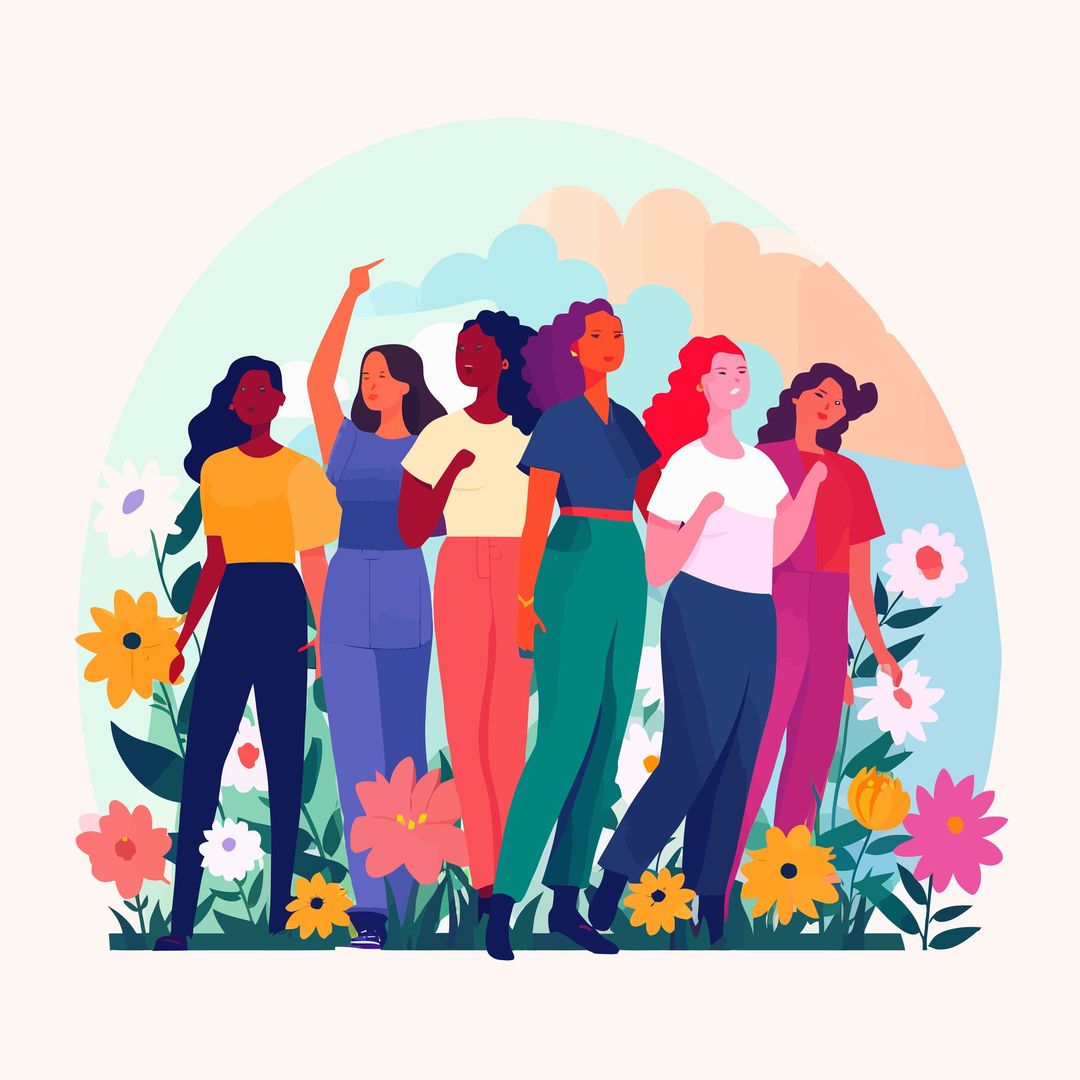
ABOUT
welcome to COSMICA
A community designed by and for neurodivergent women.
I am Cosmica, a fellow neurodivergent woman who understands the unique journey each of us travels. Here at Cosmica, we celebrate our differences, support each other, and empower one another to shine brightly.
Every woman in our community has her own story, her own strengths, and her own challenges. We are here to walk this path together, offering empathy, understanding, and unwavering support. Whether you're seeking inspiration, looking to connect with like-minded women, or wanting to learn more about neurodiversity, Cosmica is your safe haven.
Our community is built on authenticity and honesty. We share real experiences and genuine stories, fostering a space where you can be your true self. Inclusivity is at the heart of everything we do. Everyone is welcome here, and we strive to create a culture of mutual respect and solidarity.
At Cosmica, we believe in the power of knowledge and growth. We provide valuable resources and information to help you educate yourself and thrive. Our goal is to inspire you to embrace your uniqueness and find your voice.
Together, we can create a supportive and empowering community where every neurodivergent woman can flourish. Let's celebrate our individuality and lift each other up.
Much love,
Cosmica
WHY A COMMUNITY FOR WOMEN?
Societal expectations often shape our understanding of what is considered "normal" behavior, making it challenging to identify neurodivergent traits in women.
Neurodiverse women may mask their struggles, adapting to societal norms and conforming to certain expectations, making their differences less apparent.
Gender bias also plays a significant role, as many diagnostic criteria and assessment tools are primarily based on male presentations of neurodivergence.
LACK OF AWARENESS & ACCESABILITY
A lack of awareness around the specific challenges faced by neurodiverse women contributes to the late diagnosis phenomenon.
From healthcare professionals to educators, there is a need for increased understanding and training in identifying neurodivergent traits in women.
Moreover, accessing appropriate diagnostic services and support can be difficult due to limited resources, long waiting lists, and high costs.
Such barriers further contribute to the delay in neurodiverse women receiving the help they need.
Neuer Text

